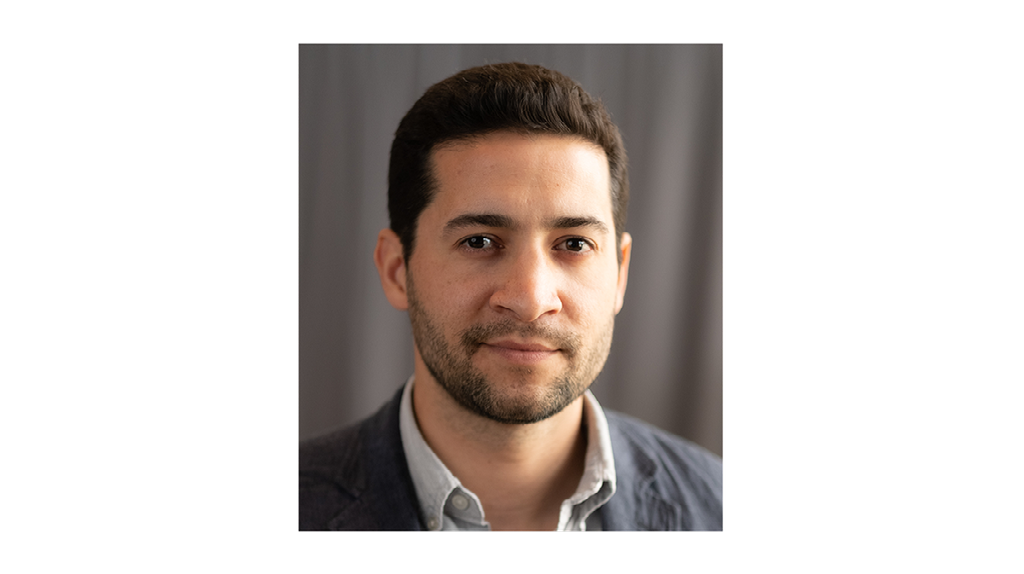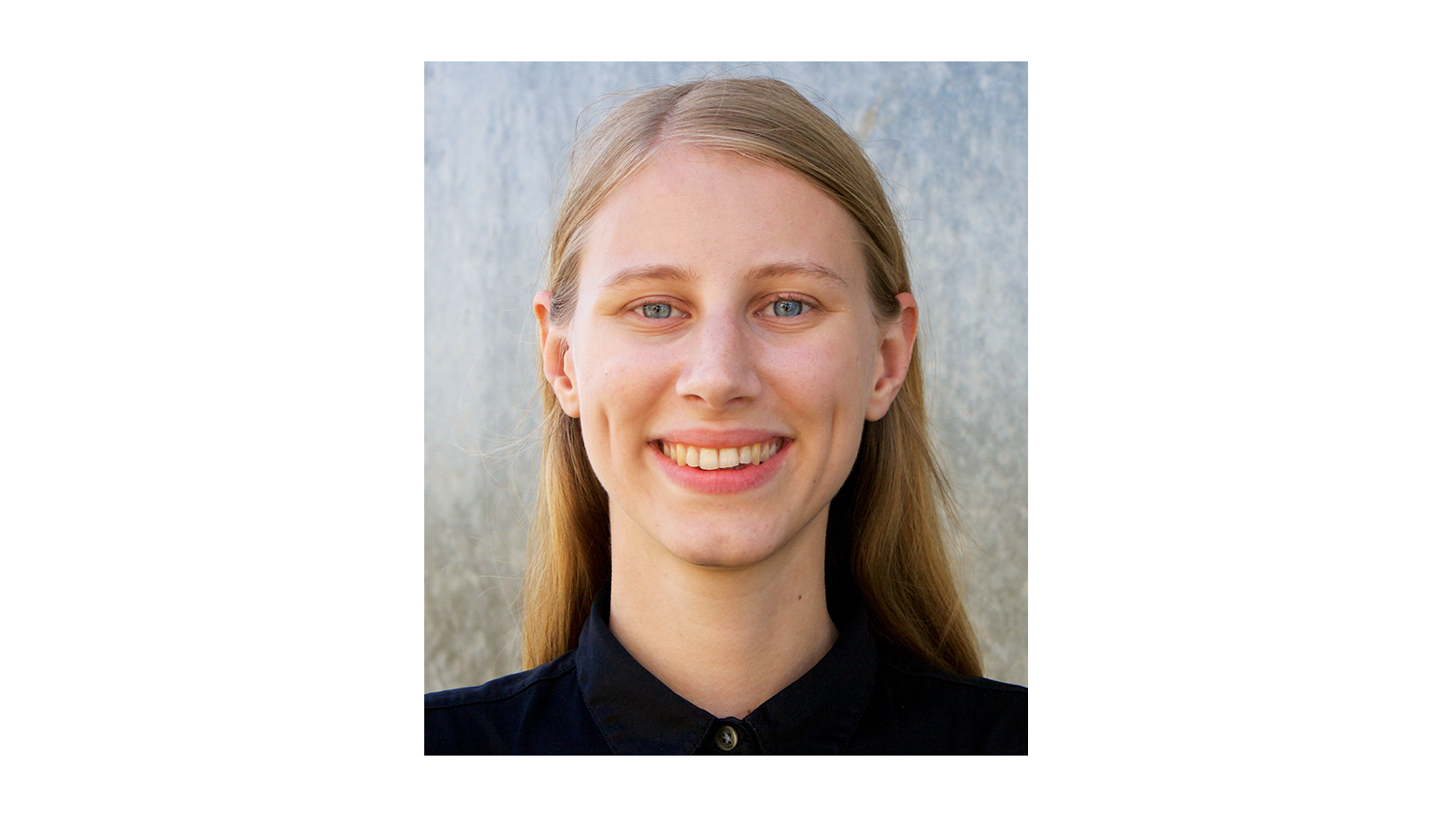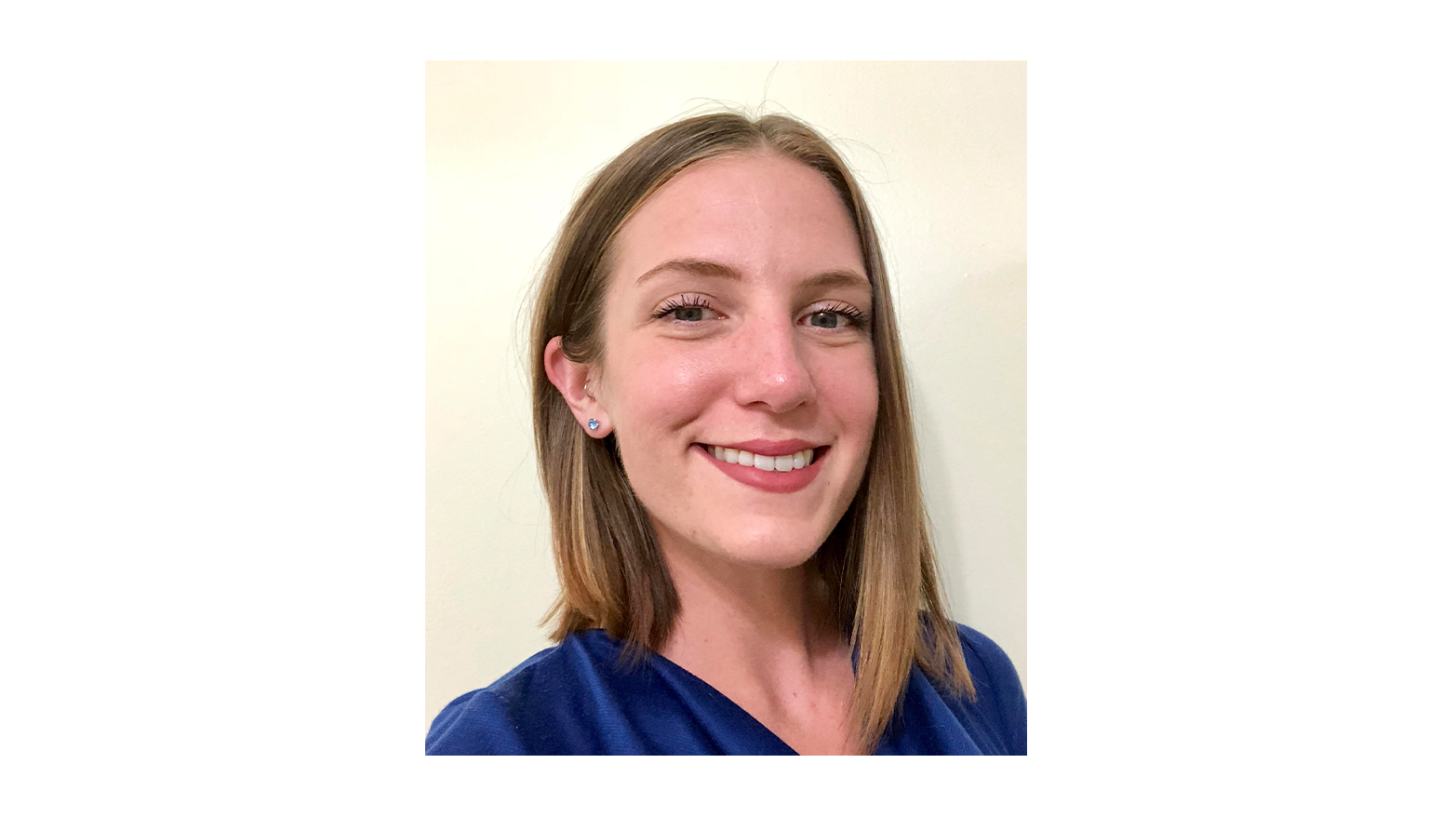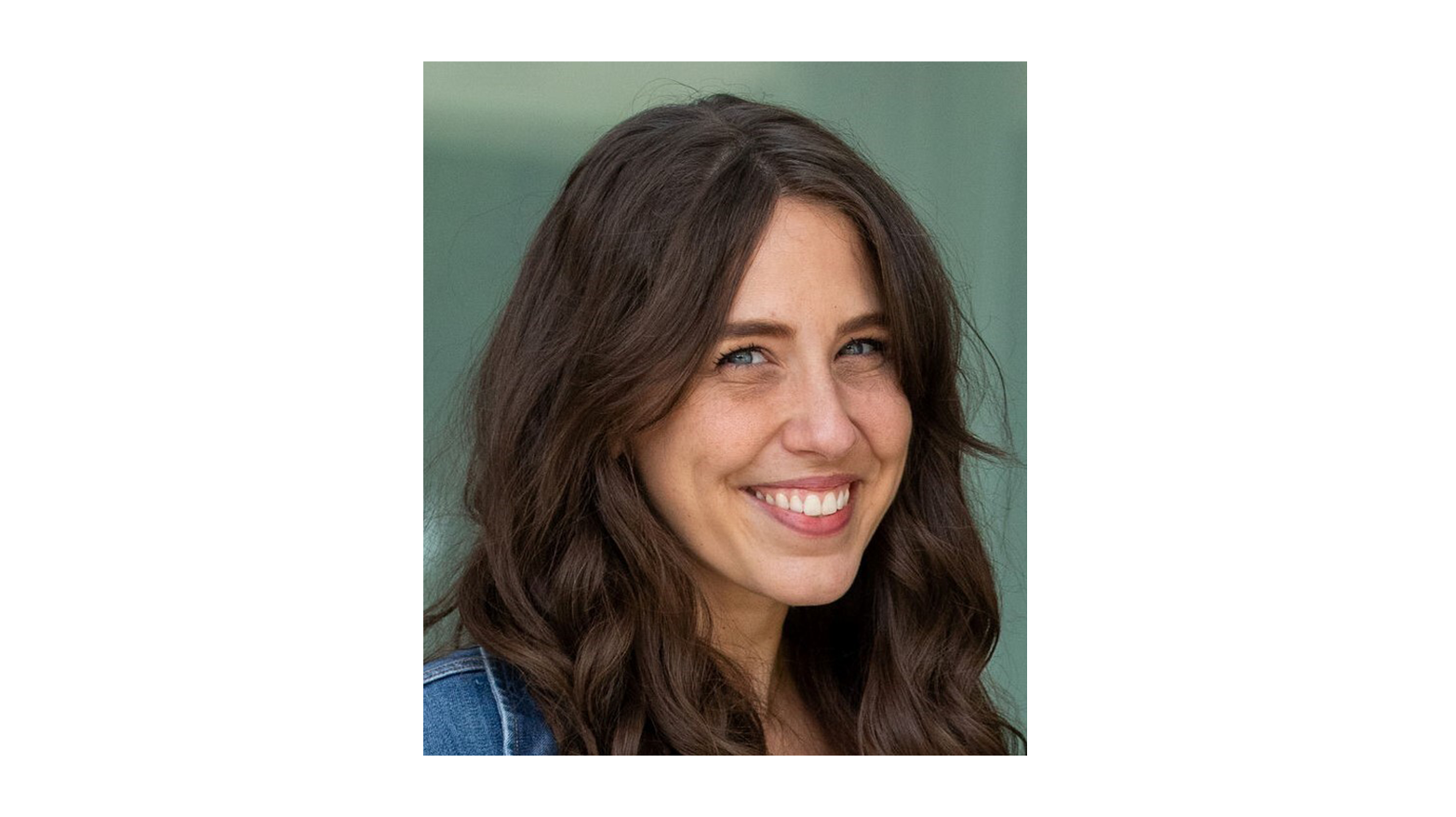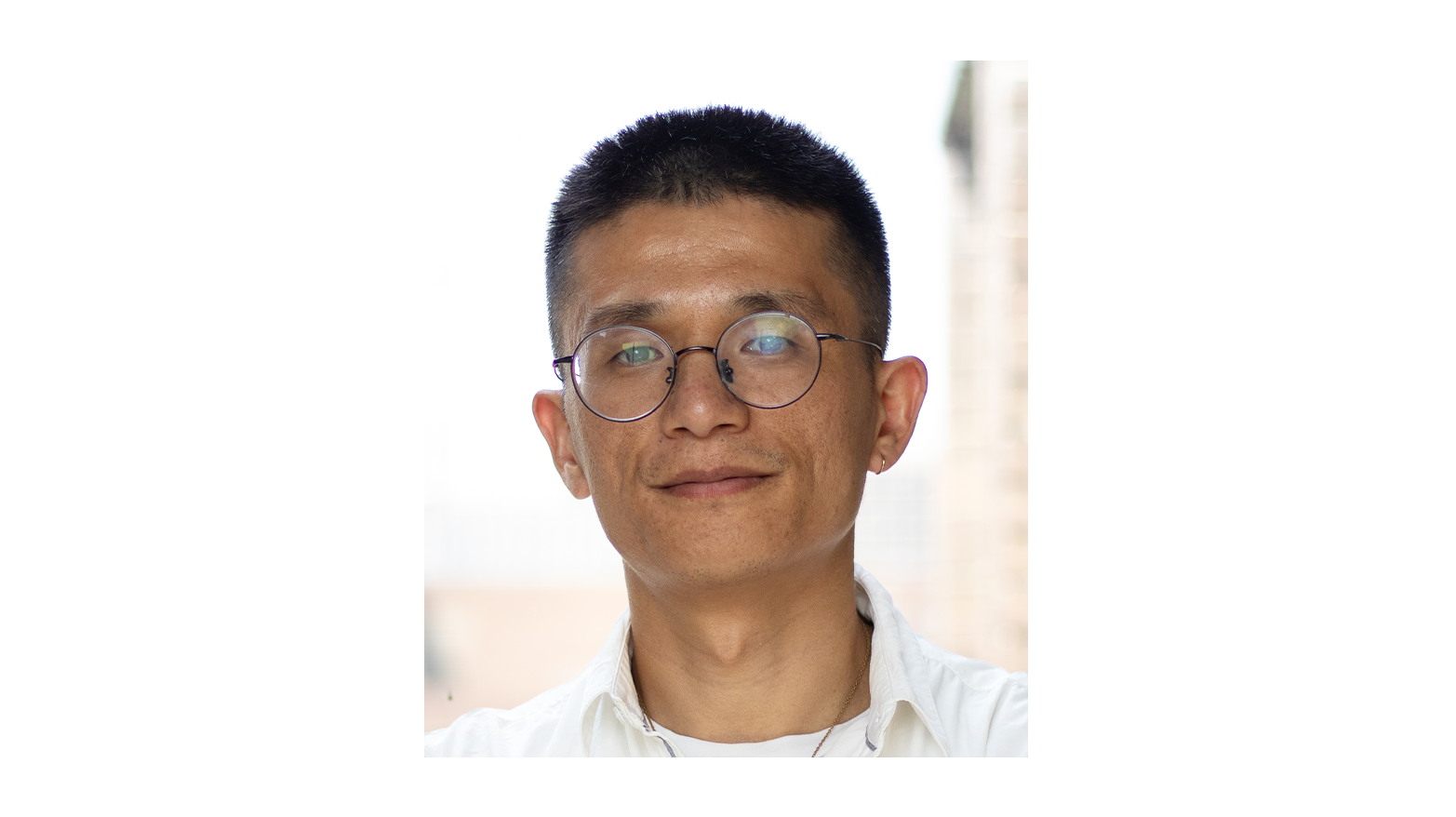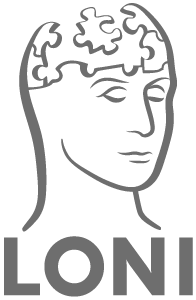USC Mark and Mary Stevens Neuroimaging and Informatics Institute Newsletter / Spring 2023
New frontiers in Alzheimer’s disease research and data sharing
A new study shows that younger “brain age,” a neuroimaging-based assessment of global brain health, is associated with better post-stroke outcomes. The findings could lead to better ways to predict post-stroke outcomes and offer insight on new potential treatment targets to improve recovery. This study takes into consideration global brain health, a new way of analyzing the health of the brain based on its cellular, vascular, and structural integrity. Although global brain health has been widely examined in aging and neurodegenerative diseases such as Alzheimer’s disease, it had not previously been studied in relation to stroke rehabilitation outcomes.
Promising new ENIGMA study launches to determine factors contributing to brain aging
As part of the ENIGMA Consortium, the India ENIGMA Initiative for Global Aging and Mental Health is a worldwide coordinated study of brain aging and Alzheimer’s disease to identify predictive markers in the blood, genome, and epigenome, and to better understand prognosis while supporting personalized risk evaluations. This study will use novel machine learning methods to hypothesize how brain aging depends on lifestyle and psychosocial factors such as diet, family support, literacy, sleep, education, genetic risks, and more.
Confronting health disparities in Alzheimer’s disease
The influence of APOE on mild cognitive impairment and Alzheimer's disease is well studied in the non-Hispanic white population, but not in the Hispanic population. Additionally, health risk factors such as hypertension, stroke, and depression may also differ between the two populations. Our researchers compared genetic and health risk factors for mild cognitive impairment and Alzheimer’s disease between Hispanic and non-Hispanic white participants from the Health and Brain Aging Study (HABS-HD).
State-of-the-art neuroimaging and teamwork save mother and child
Melody LaTorre was pregnant when she learned she had brain cancer. A team of experts including our Director, Arthur W. Toga, worked to save both mother and child. By collaborating with Gabriel Zada, Director of the USC Brain Tumor Center, and other physicians, the team was able to pool together their expertise to keep the family together and healthy.
ANNOUNCEMENTS
We are very pleased to welcome our newest faculty members. Learn more about their current research projects:
Christopher R. K. Ching, PhD
Dr. Ching's research focuses on large-scale, international neuroimaging and genomics studies to better understand the mechanisms driving mental illnesses such as bipolar disorder.
“The National Institute of Mental Health recently awarded us an R01 grant to support several important lines of research conducted by our ENIGMA Bipolar Disorder Working Group. Over the next five years, we will be building on our collaborative network, which includes over 3,500 individuals with bipolar disorder and 9,000 undiagnosed controls from 50 research groups around the world. We will focus on new large-scale analyses of structural and functional brain connectivity, familial and genetic risk factors, effects of commonly prescribed medications, and advanced machine learning techniques comparing bipolar disorder brain signatures to other related illnesses such as major depression.”
Katherine Lawrence, PhD
Dr. Lawrence studies typical and atypical brain development during childhood and adolescence, with an emphasis on understanding brain connectivity in neurodevelopmental disorders.
“We recently published a large study characterizing typical sex differences in the brain’s white matter microstructure during childhood. For this study, we analyzed MRI data from thousands of girls and boys using an advanced microstructure model. Our results robustly demonstrated subtle sex differences in neurite density and cell density across white matter regions during childhood. These findings provide a critical framework for investigating how brain-based sex differences relate to the clinical sex differences observed in adolescent-onset neuropsychiatric disorders. This work provides an important foundation for understanding sex differences in health and disease.”
Kirsten M. Lynch, PhD
Dr. Lynch uses structural and diffusion MRI to study neuroanatomical brain changes across the lifespan.
“I’m thrilled to begin my appointment as assistant professor of research. My research focuses on the use of microstructural models to characterize brain maturation and aging across the lifespan. Recently, I completed a study that assessed perivascular space (PVS) morphology from childhood through advancing age. Perivascular spaces are fluid-filled regions in the brain involved in clearing waste and toxins. This research has broad implications for age-related alterations to the brain waste clearance system and neurodegeneration. Additionally, at this year’s International Society for Magnetic Resonance in Medicine (ISMRM) conference, we won a first-place abstract award for a project that characterized cortical microstructural gradients over the course of child development.”
Talia Nir, PhD
Dr. Nir’s research focuses on identifying early and reliable microstructural brain MRI biomarkers of neurodegeneration in multi-site studies of aging, Alzheimer’s disease, and HIV.
"We recently completed a study evaluating the course of diffusion MRI microstructural abnormalities in cortical gray matter—where the earliest Alzheimer’s disease histopathological changes occur. We found that subtle pathology and neurodegeneration associated with early amyloid deposition may be better captured by evaluating diffusion MRI (dMRI) measures compared to cortical thickness, the most widely used measure of cortical damage. dMRI is a non-invasive imaging methodology in which image contrast is based on the diffusion of water molecules in tissue. I’m looking forward to seeing whether our findings replicate across multiple independent cohorts, and whether dMRI measures sensitive to small changes in brain architecture will provide further insight into mechanisms underlying cognitive decline.”
Junhao Wen, PhD
Dr. Wen's research focuses on using artificial intelligence to analyze multi-omics biomedical data to decipher the human brain and disease.
“My research is focused on utilizing AI and neuroimaging to examine how diseases such as Alzheimer's disease and depression impact the brain. AI-derived models can capture disease effects, such as disease heterogeneity and brain morphological changes influencing the human brain under normal aging and various diseases and conditions. I’m expanding my research by bridging brain imaging and genomics, shedding new light on the genetic architecture of these AI-derived models. To increase the impact of my research, I’m thrilled to organize scientific seminars at the Alzheimer’s Association International Conference (AAIC) and the Organization for Human Brain Mapping (OHBM) this summer.”
Congratulations to our Master’s in Neuroimaging and Informatics class of 2023!
Stevens Ultra High-Field 7T MRI Discovery Award
We recently implemented this new 1-year grant award with the goal of enhancing scientific discovery at ultra high-field 7T MRI in health and disease using our Siemens Magnetom Terra 7 Tesla scanner. Congratulations to our winners! We look forward to the outcomes of their projects.
Dr. Alexander Weber
“Knee Cartilage Changes in Collegiate Athletes During Athletic Season”
Drs. Hosung Kim and Saman Hazany
“7 Tesla MR ILAE Hippocampal Sclerosis Classification for Postoperative Outcome Prediction in Median Temporal Lobe Epilepsy”
Dr. Reza Assadsangabi
“Neuroinflammation in Temporal Lobe Epilepsy Measure Utilizing MRI Driven Parameters”
7T Translational Alliance in North America – 7T TANA
Our mission is to translate the powerful imaging capabilities of 7 Tesla magnetic resonance imaging to real-life benefits for patients, health care providers, and researchers in North America and worldwide. The 7T TANA will facilitate the standardization of imaging protocols, sharing of data and expertise, and the formation of multi-site trials for the discovery and evaluation of clinical values using 7T MRI.
A Kick-off Meeting will be held on July 31, 2023, in Los Angeles, CA at the USC Health Sciences Campus Conference Center (Hyatt house).
Take A Look: Recent Visualizations
View our 2022 Annual Report
Keck School of Medicine of USC
University of Southern California
323-44-BRAIN (323-442-7246)
